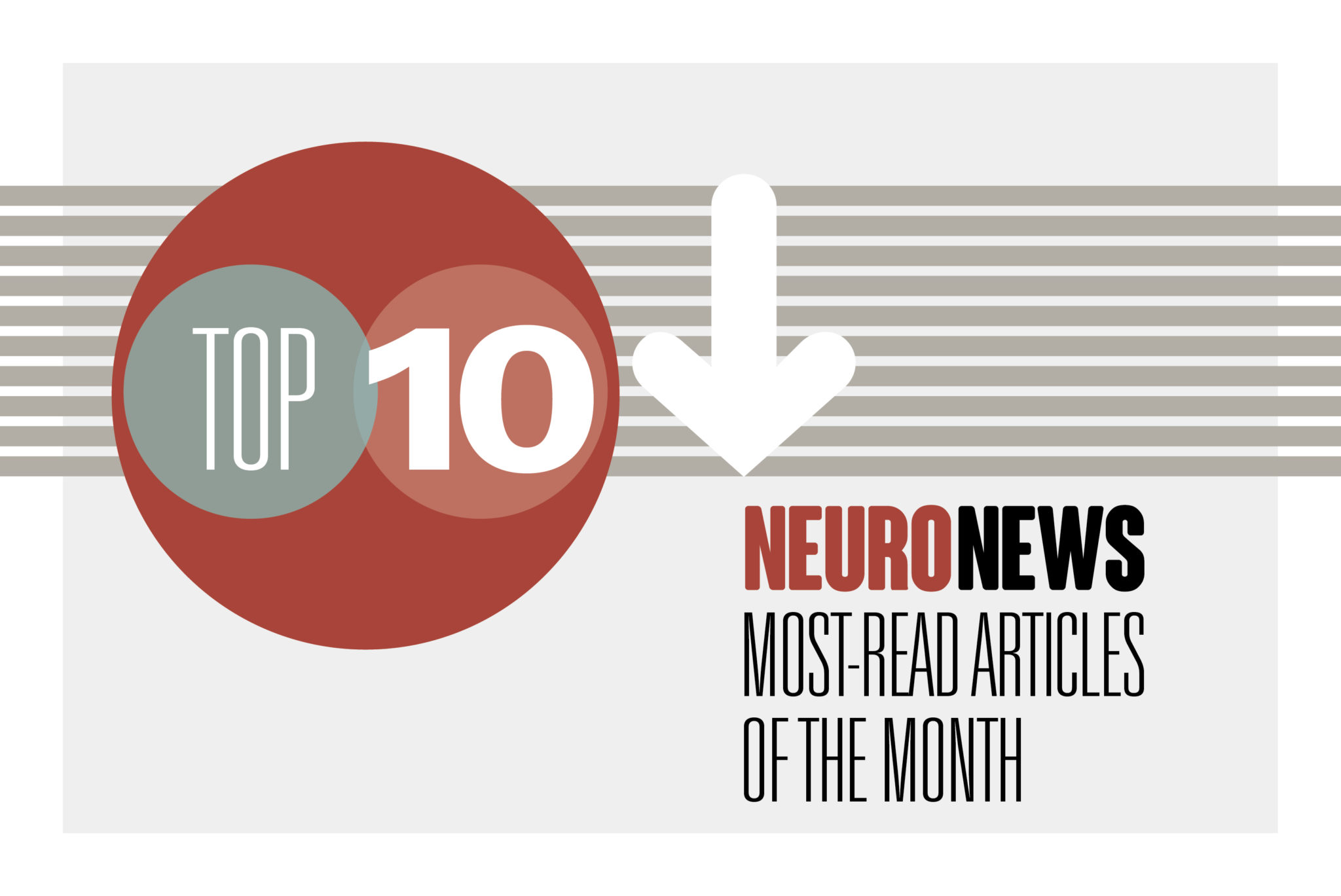 NeuroNews’ top 10 most popular stories of April 2024 include the European launch of a new aspiration catheter for acute ischaemic stroke treatment, a study evaluating transradial versus transfemoral access approaches in mechanical thrombectomy, and the long-awaited publication of full results from the ENRICH trial. Exclusive interviews with Philips’ Atul Gupta and current World Federation of Interventional and Therapeutic Neuroradiology (WFITN) president Michihiro Tanaka also feature.
NeuroNews’ top 10 most popular stories of April 2024 include the European launch of a new aspiration catheter for acute ischaemic stroke treatment, a study evaluating transradial versus transfemoral access approaches in mechanical thrombectomy, and the long-awaited publication of full results from the ENRICH trial. Exclusive interviews with Philips’ Atul Gupta and current World Federation of Interventional and Therapeutic Neuroradiology (WFITN) president Michihiro Tanaka also feature.
1. Cerenovus announces European launch of Cereglide 71 aspiration catheter for acute ischaemic stroke
Cerenovus, part of Johnson & Johnson MedTech, has announced the launch of its Cereglide 71 aspiration catheter in Europe, an aspiration catheter equipped with TruCourse technology, indicated for the revascularisation of patients suffering from acute ischaemic stroke.
2. Transradial achieves non-inferiority but procedural delays may mean femoral access remains default in stroke thrombectomy
In stroke patients undergoing a mechanical thrombectomy procedure, access via the radial artery may be non-inferior to access through the femoral artery in terms of final recanalisation-related outcomes. However, reduced procedural delays associated with the latter mean transfemoral access may still be favourable as a default, first-line approach, according to the authors of a recent study.
3. VIDEO: The clinical trends driving innovation in stroke care
How is innovation in stroke care guided by contemporary clinical trials? This was the question NeuroNews put to Atul Gupta, the Chief Medical Officer of Diagnosis & Treatment at Philips, who discussed what he sees as the recent trials to have had the biggest impact on the treatment of stroke.
4. ENRICH trial results published in full in New England Journal of Medicine
The entirety of the results from the ENRICH trial evaluating the early surgical removal of intracranial haemorrhage (ICH) have been published in the New England Journal of Medicine (NEJM). As stated in a Nico Corporation press release, ENRICH demonstrated early minimally invasive parafascicular surgery (MIPS) intervention using the company’s BrainPath and Myriad technologies to treat ICH is safe and superior compared to the current standard of care: guideline-based medical management (MM) alone.
5. RapidPulse’s precise cyclic aspiration technology “highly effective and safe” in LVO ischaemic stroke
A study recently published online in the journal Interventional Neuroradiology has provided multicentre trial results that demonstrate the promise of using precise cyclic aspiration in the treatment of acute ischaemic stroke, as per a press release put out by US startup RapidPulse.
6. PROFILE: Michihiro Tanaka
Michihiro Tanaka, director of Neurosurgery and Neuroendovascular Surgery at Kameda Medical Center (Chiba, Japan), speaks to NeuroNews to discuss the factors that have shaped his career as a neurosurgeon, his tenure as WFITN president, and the current landscape of neurosurgical care.
7. Early technique switches “should be contemplated” following failed thrombectomy attempts
A retrospective analysis including data from close to 3,000 stroke patients has concluded that early changes in mechanical thrombectomy strategies may be associated with higher reperfusion rates and therefore “should be contemplated” following failed attempts with first-line standalone contact-aspiration or stent-retriever approaches.
8. Synchron launches patient registry for Stentrode brain-computer interface
Synchron has announced the launch of a community-centred brain-computer interface (BCI) registry to bring patients, carers and clinicians together to learn how BCI technology is being designed to provide benefit to people with limited mobility.
9. Viz.ai and Medtronic to collaborate on improving post-cryptogenic stroke care in USA
Viz.ai has announced a strategic collaboration with Medtronic to improve the coordination of cryptogenic stroke patient care between neurology and cardiology teams.
10. XCath highlights endovascular robotics innovation at SLICE Next Frontiers
XCath has announced that it presented at the recent Stroke Live Course (SLICE) Next Frontiers conference (3–4 April, virtual), hosted by Vincent Costalat (University Hospital of Montpellier, Montpellier, France), and Master and Fellow.








